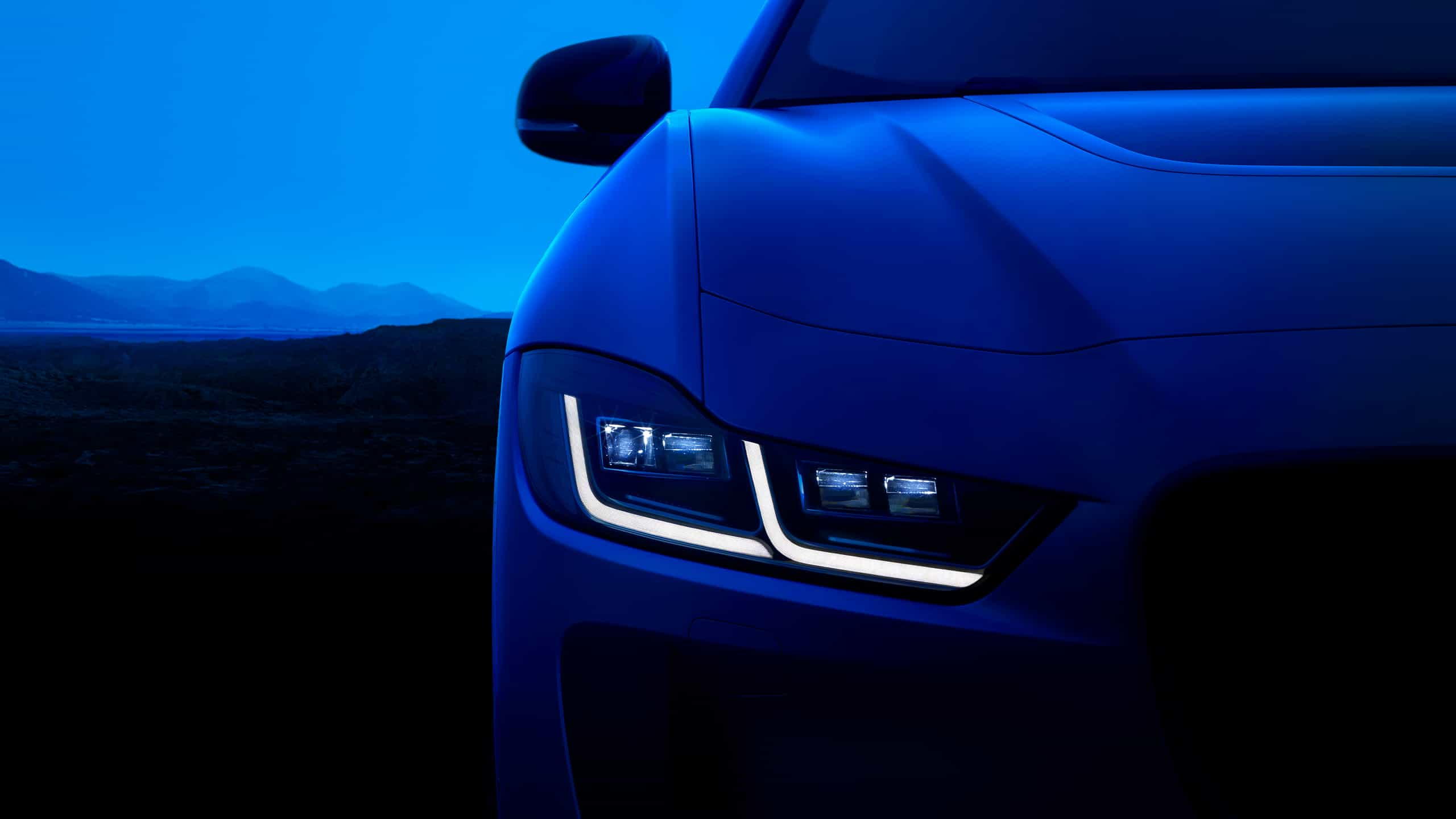[ad_1]
US House of Representatives passes bill restricting tax credits for electric vehicles using battery technology licensed from China
The US House of Representatives has passed a bill that would restrict electric vehicle tax credits for cars that use battery technology licensed from China, in a move that could mean trouble for plans by American car makers to work with Chinese firms to build batteries in the US.
The End Chinese Dominance of Electric Vehicles in America Act of 2024 would restrict EV tax credits from cars using battery technology licensed from China if the licensing deal is worth more than $5 million (£3.8m).
The bill, which is opposed by the White Hous and has not been taken up in the Senate, narrowly passed by 217-192, with voting largely along partisan lines.
Joe Biden’s 2022 Inflation Reduction Act (IRA) prohibits tax credits from consumer EVs that use batteries made in China, but permits manufacturers to license Chinese technology to build batteries in the US as well as joint ventures, under certain conditions.

Battery dominance
Advocates say this could create jobs, bring in technology transfers and help the US produce EVs more cheaply.
Ford is planning to take advantage of the provisions to produce lithium-ion batteries at a planned facility in Michigan with technology licensed from Contemporary Amperex Technology Co Ltd (CATL), one of the Chinese firms that dominate world battery production.
General Motors, Tesla and others are also reportedly in talks with CATL about such licensing deals.
The Alliance for Automotive Innovation, representing GM, Toyota, Volkswagen, Hyundai and other car companies, said the bill would result in fewer EVs qualifying and meant emissions rules would have to be pushed back.
Group chief executive John Bozzella said if incentives were eliminated, “the automotive industrial base faces a serious economic and national security risk from China, the US becomes less competitive, and the rug is pulled out from consumers”.
Currently 22 of the 113 EV or plug-in hybrid models for sale in the US are eligible for the tax credit, with only 13 receiving the full $7,500 credit, Bozzella said.
Jobs at stake
The White House said the bill would “raise taxes on American consumers, punish American auto manufacturers, threaten good-paying auto jobs, undermine our administration’s work to protect the American automotive supply chain from unfair Chinese competition, and set back efforts to achieve energy security and combat climate change”.
The United Auto Workers said the bill was an “attack on good union jobs” and would threaten “nearly 2,000 battery manufacturing jobs in Michigan”.
Representative Carol Miller, who sponsored the bill, said it would “ensure that Chinese companies can no longer benefit from electric vehicles tax credits meant for US manufacturers”.
In May the White House said it would quadruple so-called section 301 tariffs on Chinese-made EVs to 100 percent, along with increased tariffs for lithium-ion batteries and other clean energy products such as solar cells produced in China.
The measures are similar to the EU’s plans to drastically increase tariffs on China-made EVs amidst concerns over the country’s huge EV production wiping out competition from other countries.
[ad_2]
Source link


